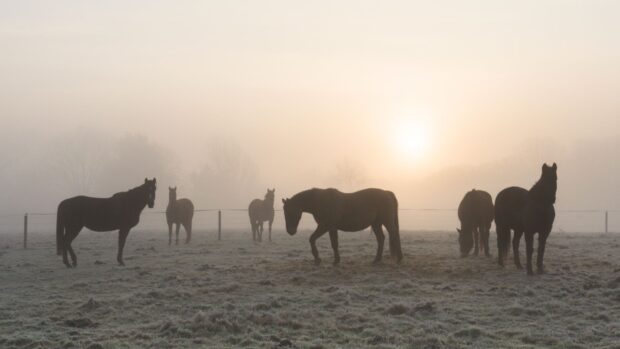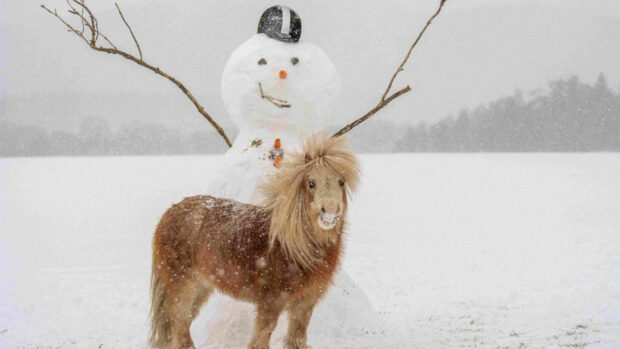The UK’s leading equine welfare organisations are being inundated with phone calls from horse owners wanting to rehome unwanted horses.
Organisations including the Home of Rest for Horses and the International League for the Protection of Horses (ILPH) have told Horse & Hound that they are experiencing a marked increase in “unwanted horse” phone calls.
Among the reasons cited is the avoidance of putting horses down, the rising costs of carcase disposal and inexperienced horse owners who are unable to cope.
Brig Paul Jepson, chief executive of the Home of Rest, says owners must take more responsibility for putting down their horses at the end of their useful life.
“The increasing popularity of pet insurance may be having a negative effect on welfare,” he said. “It is encouraging unnecessary treatment, coupled with, in my opinion, inadequate attention to ethical issues that give the courage and wisdom to know when to ‘call it a day’.”
“I’m very for insurance and overall it is a huge benefit to animal welfare,” he added. “But I believe there is a tendency to push things beyond the point where common sense says you should go.”
Although this view is regarded with caution by other welfare organisations they, too, cite a worrying increase in the number of horse owners looking to find new homes for their animals. But even more worrying is the increasing numbers of inexperienced horse owners realising that they can’t cope.
Tony Tyler, ILPH director of UK operations, explained: “There is a definite demographic change taking place among horse owners. Many are newly wealthy or moving from city to country life. This means more and more families are embarking on first-time horse ownership with little working knowledge of a horse’s care or how much it will cost and even less about how to choose the right one.”
Over the past decade, the Blue Cross has seen a significant increase in the numbers of horses with behavioural problems.
“In many cases, these problems are caused or exacerbated inadvertently by well-meaning but inexperienced horse owners,” said spokesman Sam Roberts.
The British Equine Veterinary Association has been monitoring the situation. It has produced literature for the first-time horse owner and built a dedicated section on its website. But chairman Lesley Barwise-Munro said inexperienced horse owners who do not have traditional equine education do not know where to look for help.
“I think there’s much that can be done. We’ve been working on a stand-alone health and welfare strategy for the horse, pony and donkey, which will be published next month for consultation,” she explained. “It is industry driven and looks at the welfare concerns in each sector.
“Horse owner education needs a lot of attention — what kind of responsibility they’re taking on and the practicalities of disposal,” she concluded.
|
||
 |
||


 Get up to 19 issues FREE
Get up to 19 issues FREE TO SUBSCRIBE
TO SUBSCRIBE 


